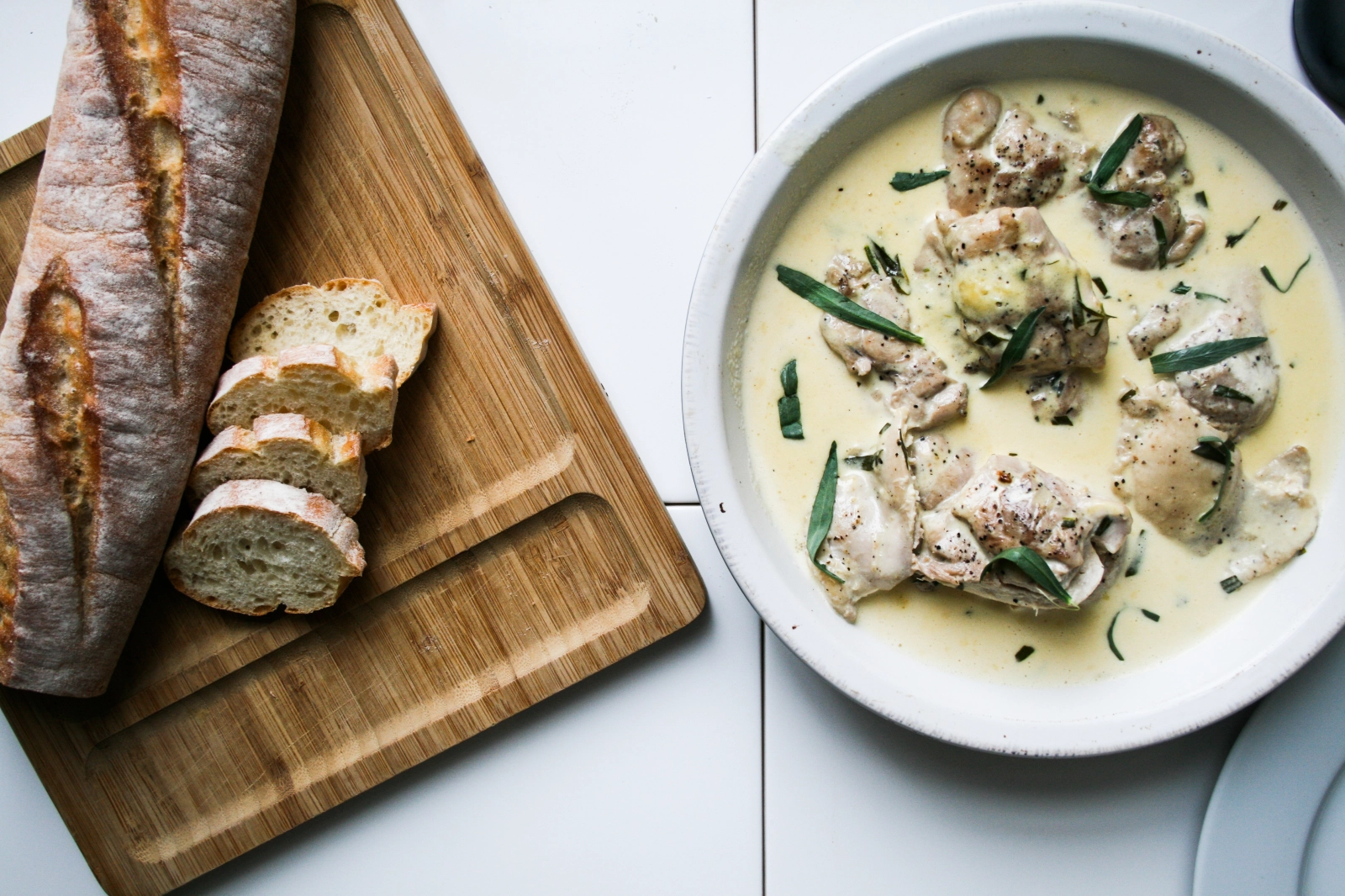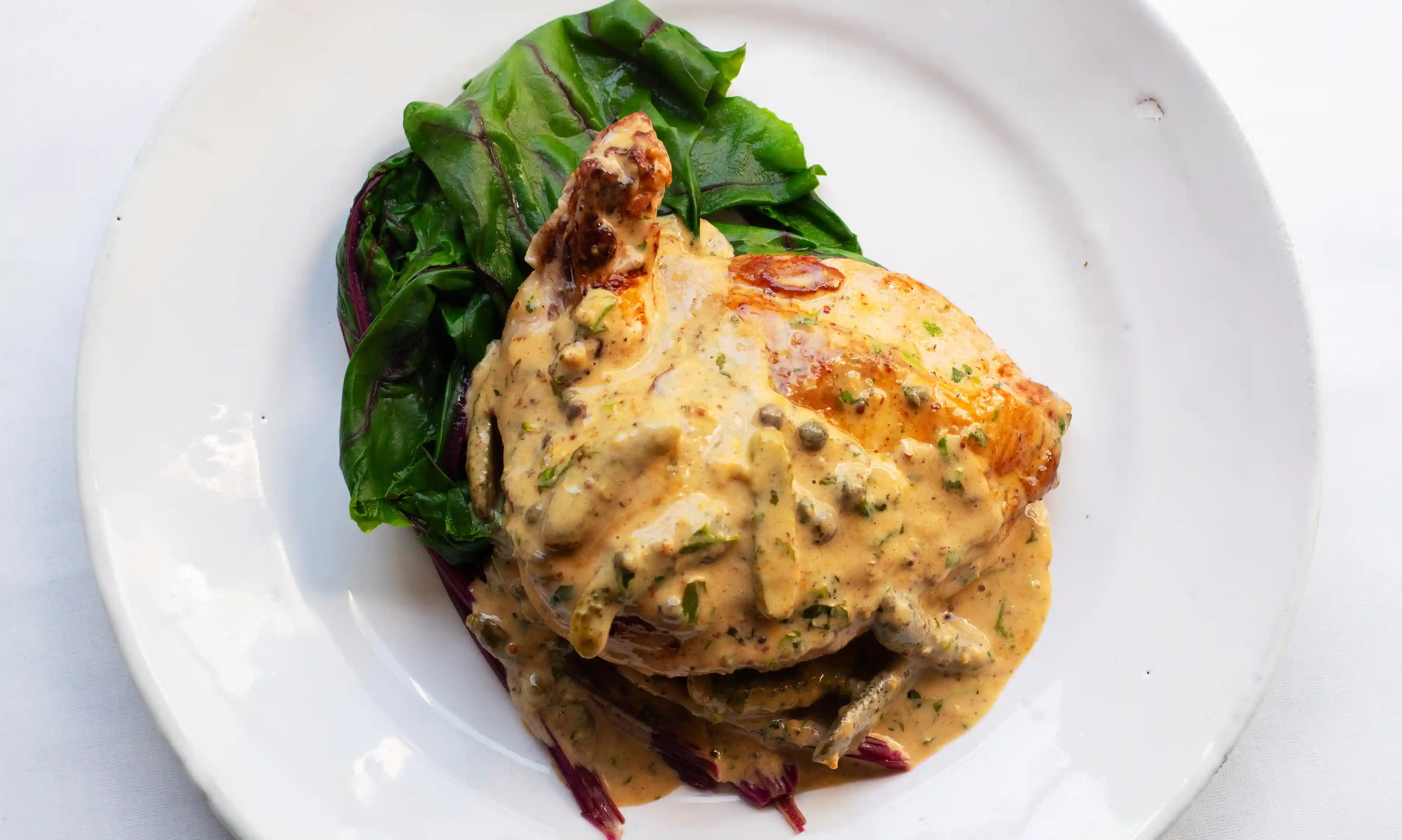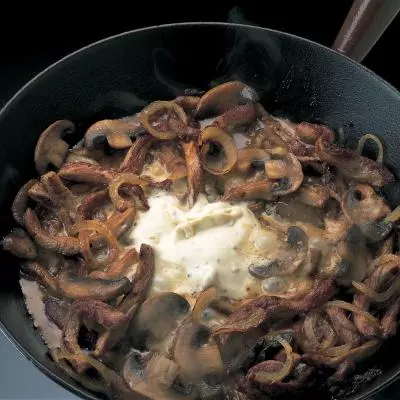What's wrong with easy - and is it possible anyway?
- rosemary
- Apr 13, 2024
- 7 min read
"truly simple recipes are too simple to actually be published"
"Learn technique not recipes." Reddit

I began this post with one idea and after reading stuff on the net, veered in a slightly different direction.
My starting thought was to ruminate on why 'easy' was such a derogatory word in many food writers' eyes. How people like Jamie Oliver and his 15 minute meals are mocked and criticised by the cognoscenti. And I would then go on to ruminating on how easy it is to produce a simple and appetising meal in around half an hour and with no great cooking skills - such as this example picked at random from the net - Tomato and mascarpone pasta sauce -Vikalinka by Julia Frey. Picked, I admit, because it was pretty.
However, as soon as I started 'researching' the first article I found was one in The Atlantic, entitled The Myth of ‘Easy’ Cooking by one Elizabeth G. Dunn, who, in spite of making her living talking about food, seemed to hate cooking. I didn't read the entire article because eventually I came up against a pay wall, and so I moved on to the other sites in my Google list - the second of which was Reddit. And here I found a whole lot of responses - mostly negative - to her article which led me in a different direction, which I supposed could be summarised by wondering how to persuade the uninterested and the unsure that cooking can be satisfying - and yes - easy.
It also got me wondering whether I was some kind of freak in that I really like cooking and was I being unreasonable to expect others to like it too? After all I hate all sport - because I'm so rubbish at it - always have been. Others absolutely adore it of course - including most of the rest of my family. Although I did quite enjoy playing tennis sometimes as long as the people I was playing with were not competitive. Maybe that's what most people feel about cooking. "Only a fool thinks cooking is either quick or easy. Only the most dedicated finds it a rewarding challenge day after day." says a lady called Rachel Laudan. And I guess she is right because I do remember the dark years of teenage children and their limited range of likes. Now it's a form of relaxation and, yes, challenge. We have to continue to challenge ourselves to keep our brains ticking over, and to give ourselves something to do. Although, obviously, others - like my sister who prefers to garden - don't get their kicks with cooking.
Indeed Emily Beddington in an article in The Guardian, told us that:
"A 2019 survey found 51% of people were willing to spend up to 30 minutes on week-night cooking, and 43% up to an hour. Even if you stick to 30 minutes and discount weekends, that is 130 hours a year on the ordinary grind. If you did it for 50 years, that is 6,500 hours – about nine months."
She had drawn a line on cooking after her last child left for university. No more cooking she declared. So maybe I just don't understand that not everyone has any interest at all.
The general thrust of the article in The Atlantic had been that people just don't have the time, or the enthusiasm after a busy day at the office, or whilst juggling children and husband's needs, to spend time on cooking dinner, and that all the quick and easy recipes in the world are cheats - they are not quick and they are not easy.
Which is where the Reddit people come in because they thought she had missed a lot of points, most of which came down to this statement:
"Quick cooking rarely even involves a recipe– it’s knowing the basic steps for roasting vegetables or cooking pasta." Zen and Spice
So very true, and almost all of these Reddit commentators felt that one learnt through experience. Which led to a few other points:
Education - One cannot expect everyone to learn from their mothers. Not all mothers are either good cooks, good teachers or even care. So it's down to schools. In fact schools should focus much more than they do on the practical skills that we all need to get through life and it's not just cooking - from how to change a light bulb to how to change a tyre on a car and everything in between. As to cooking, the general consensus was that we needed to learn basic techniques, from things as simple as how to cut up onions, to how to roast a chicken. When you know the techniques and which ones suit which foods, then you can begin to improvise.
Second thing they mentioned was teaching people to shop. And what a minefield that is. From how to save money, how to know what's in your food, what food it's good to have on hand at all times, how much to buy and then how to store it when you get it home.
Recipes - I am certainly an advocate of the notion that if you can read you can cook, although I also admit, that following various comments from the Reddit people, there are provisos. Well first you have to be able to read - and sadly there are a lot of people who can't. I suppose that is covered these days by the multitude of videos that are available on the net, but nevertheless one shouldn't assume that a recipe book - even one as wonderfully simple as Nigel Slater's Real Fast Food - is the answer. I must admit that I personally think that recipes are invaluable. I suppose I learnt basic techniques at home and also at school, but I also learnt a whole lot more from recipe books and if you do know all the basics, then recipes will give you ideas.
Equipment - we also shouldn't assume that everyone has a food processor - as somebody pointed out. I discovered recently, for example, that my son didn't have a grater - he does now. Or indeed a kitchen - not my son - he has one of those, but others may not. Some people may just have a gas ring in a bedsit, or a caravan.
A lot of the conversation - for conversation it was - was that there was a difference between quick and simple weeknight meals for busy people and more showy stuff that could be tried at the weekends if you were interested. And here is one comment that highlights the perils of the digital and celebrity chef world in which we now live:
"I also think that Instagram and social media has really contributed to the problem. When we do cook something, it's not just to be consumed, but to be presented to the world as our masterpiece. This also puts a lot of pressure on people to cook extravagant meals, which really is impossible in a busy daily life." Jen9095/Reddit
I do think there are answers. As parents - and even grandparents - we should do our best to help educate our children and grandchildren to become at least competent cooks, and to know what constitutes a healthy diet.

And yes - a technique is a good thing to acquire - how to make a stew/casserole/braise; a stir fry; a soup; a frittata; a salad; a traybake ... A traybake is a wonderful thing - just throw a whole lot of things in a roasting tin and bake - like this Sausage and veg traybake from Coles.
Also what goes with what, although that is also something you just pick up as you go along.
The supermarkets do the 'ordinary' cook a major service I think. Their free monthly magazines are packed with recipes for everyday busy people. Rarely do their recipes take long, and if they do it's for things that don't take active time - long, slow cooking, resting, marinading and so on. They also have lessons on techniques and basic recipes. Below is a spread from the March Woolworths Fresh Ideas Magazine. It's just an example - the only thing you would definitely need that you might not already have are the mussels, possibly the white wine. There's a little bit of technique shown, pictures of the ingredients, and some of the steps, - and the enticing final picture. Mildly classy but supposedly ready in 20 minutes - add on another 5 or 10 for prep time. We are not all as fast as the professionals at cutting stuff up.

And there are heaps of shortcuts that you can make these days with precooked pastry shells, frozen puff pastry (a wonderful thing), jars of pastes and sauces, tins of pre-cooked beans, packets of stock and spice mixes, salad dressings and so on. Nigella Lawson recommends using a shop-bought naan to make a Naan bread pizza and The Irish Examiner will show you how.
I'm running out of energy and ideas, like those stressed working mums, so I'll just leave you with three of my very favourite, very simple recipes, all of which I make from time to time: Chicken with tarragon, vermouth and cream - Nigel Slater on The Little Bean website; Chicken with marsala and crème fraïche again from Nigel Slater and an example of how even the celebrity chefs grow and learn as they age, as this is a variation on its really basic but very delicious predecessor Chicken marsala in Real Fast Food - his first book; and perhaps my favourite quick meal of all from Delia - Pork stroganoff with three mustards.

What did I get out of this? That people need a lot of encouragement and practical teaching from an early age, so that they won't waste their money on takeaways, and will gain a sense of pride and satisfaction in putting a delicious but very quickly prepared dish in front of their family every day of the week. Like this - Creamy pasta with spinach from The Clever Meal - another random internet pick. That's why we love pasta isn't it? Throw a few ingredients together in a pan, add some kind of liquid - tomatoes, cream, wine, yoghurt, lemon juice, olive oil and there you are - dinner. And it probably only took you about the time it took to cook the pasta.










"Simplicity is the ultimate sophistication" as Leonardo da Vinci apparently said as he predated the KISS principal. We are off to see if this is true for his work as we head off to the Lume tomorrow